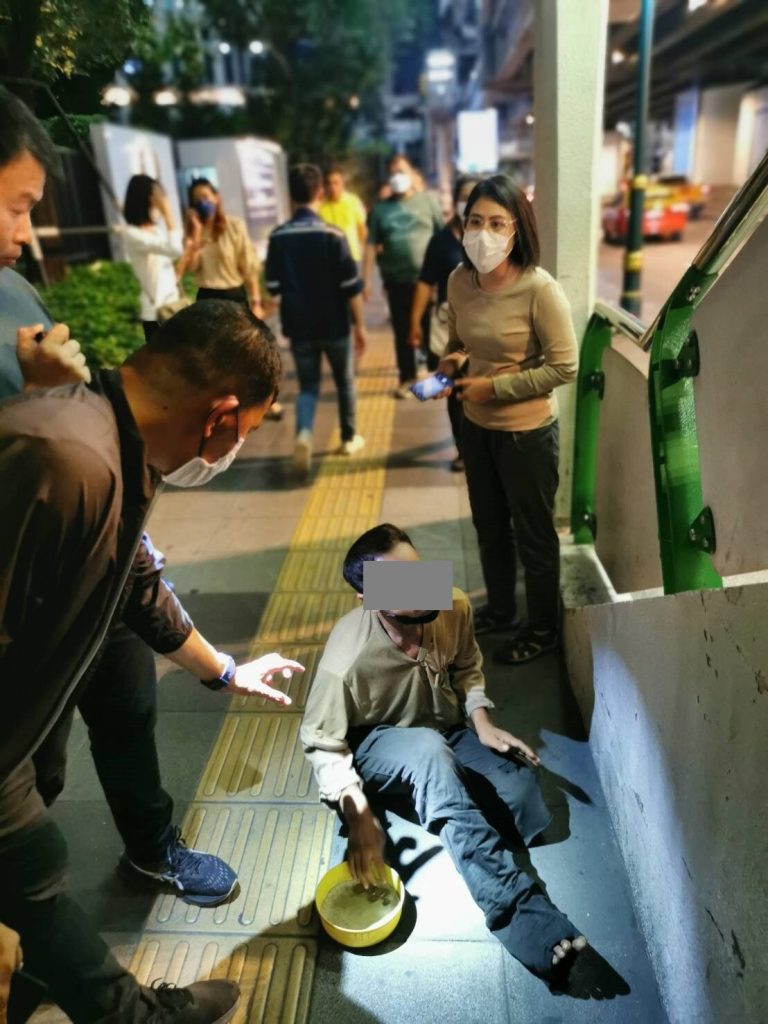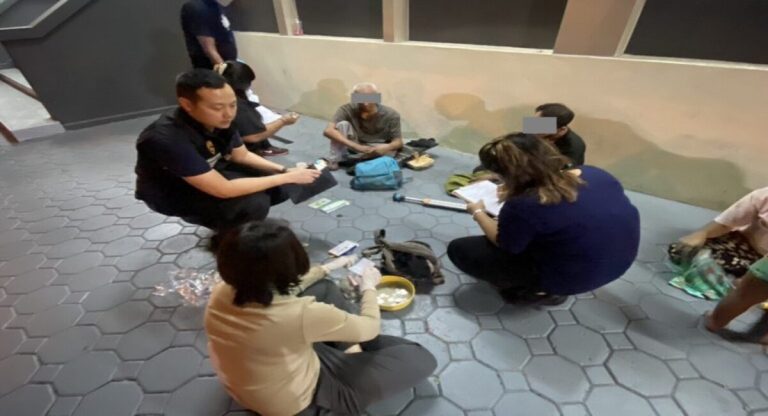The reopening of Thailand to boost tourism has led to a notable increase in beggars, particularly in Bangkok and major provinces. Warawut Silpa-archa, Minister of Social Development and Human Security (MSDHS), highlighted this issue in an interview on June 11, 2024, stating that the ministry is collaborating with various agencies, including the Royal Thai Police and the Bangkok Metropolitan Administration, to address the problem. These agencies conduct inspections five times a month due to staffing limitations, and the public is encouraged to report sightings of beggars to facilitate a timely response.

Foreign beggars are repatriated, while Thai beggars are sent to MSDHS shelters where they receive vocational training and work support. Despite these efforts, many beggars return to the streets because the fines they face are often less than their earnings, making begging a lucrative activity. Warawut questioned why beggars’ income remains high enough to make fines seem worthwhile. He pointed out that tourists and the general public, known for their charitable nature, are the main sources of income for beggars. He noted the emergence of new begging tactics, such as using children or pets to garner sympathy. If children are involved, officials verify their relationship with the accompanying adults and take legal action if they are not relatives.
Over the past decade, approximately 7,000 beggars have been apprehended, with about 30% being foreigners. Warawut emphasized the need for public cooperation to stop giving alms, which only perpetuates begging.
Regarding the income of beggars, Warawut mentioned that although there is no concrete confirmation, it is speculated that beggars in tourist-rich areas can earn nearly 100,000 baht per month during the high season. This has led to suspicions that organized groups might be placing beggars in strategic locations. Even a monthly income of 20,000 baht, with a fine of 5,000 baht, is profitable for beggars, thus encouraging the practice.
Saenyakorn Unmeesri, director of the Bangkok Social Development Office (SDO), explained that the SDO provides social services for the homeless at two drop-in centers located under Phra Pinklao Bridge and in Soi Sakae. These centers offer counseling, health checks, mobile ID services, and essential facilities like toilets, laundry, and bathing services provided by the Mirror Foundation. The SDO has also developed a database of homeless individuals in Bangkok to better understand their needs and categorize their problems.
In collaboration with government and private agencies, the SDO continues to regulate beggars and homeless people in public spaces and urges the public and tourists to refrain from giving money to beggars, particularly near BTS stations and other public areas in Bangkok.
